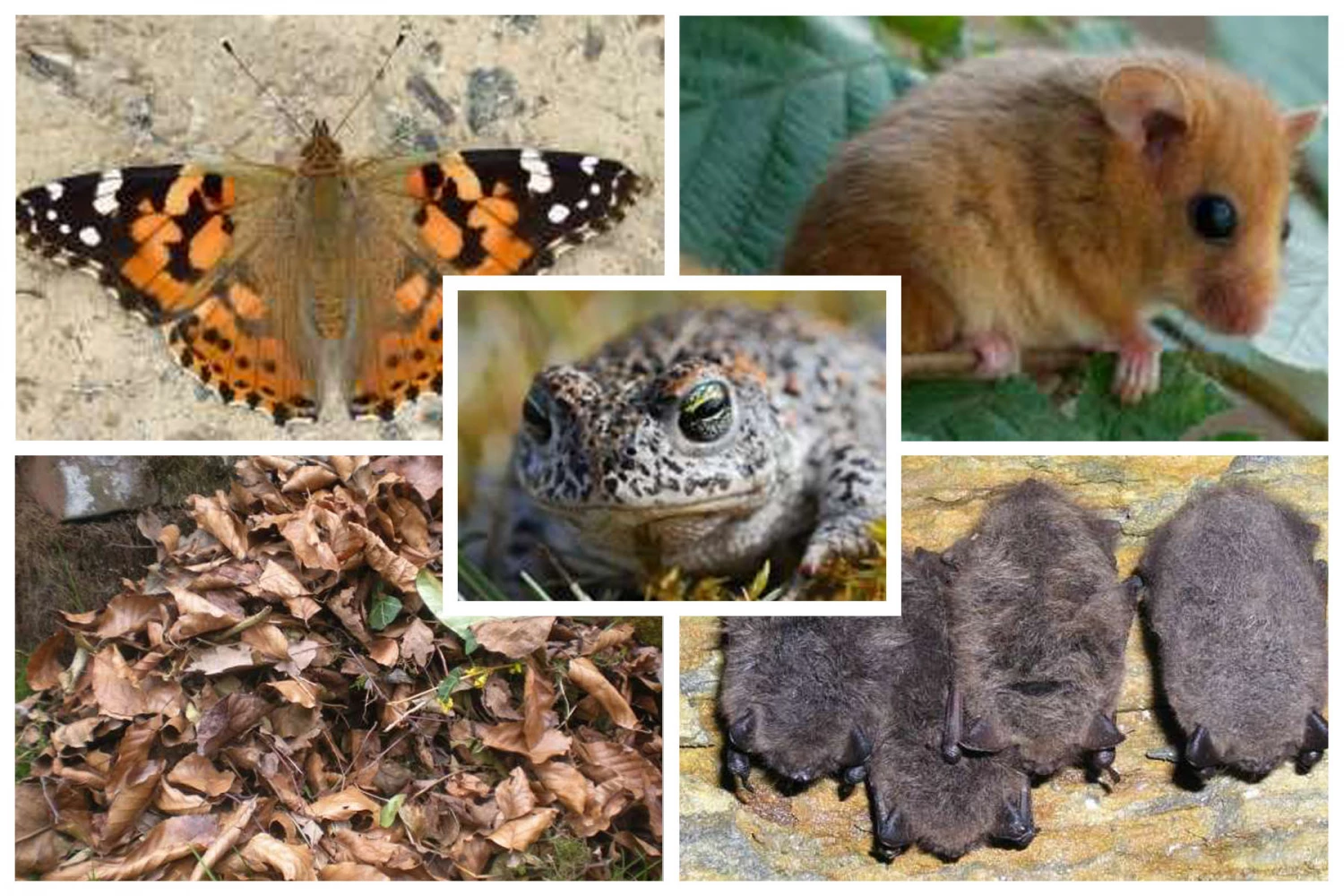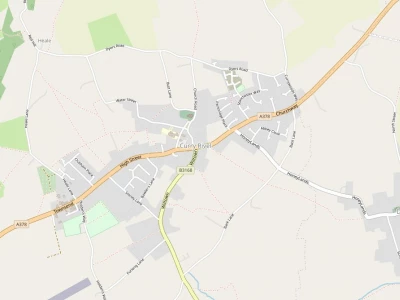Nature and Wildlife
Migration and Hibernation
from our Nature and Wildlife Correspondent, Sally Worby
Migration drives the biology of many species, we notice birds leaving for warmer climes but have you noticed insects migrating? Migrant hawker dragonflies, as their names suggest, travel to Europe and return in spring.
Painted Lady and Clouded Yellow butterflies also fly across the Channel, often at great height to catch favourable winds. Small tortoishells and comma butterflies hibernate as do ladybirds, bumblebees and shieldbugs, as well as myriad other species.
Autumn is a time to lay down fat and and switch to hibernation metabolism but it's crucial they have somewhere frost-free and sheltered for the winter. Log piles, undisturbed outhouses, holes under sheds, standing deadwood and plant stems are perfect. Sadly these hibernacula are becoming rarer and winter survival has declined for many species, adding to the tragic decline in our biodiversity – see State Of Nature report https://naturalengland.blog.gov.uk/2023/09/29/state-of-nature
Autumn brings familiar migrants from the north and east to our milder shores and (hopefully) reliable food sources. Some species migrate at night, it's possible to hear redwings, blackbirds and song thrushes calling; redwings' high pitched "Tsee" calls are easy to pick out on quiet still nights.
Some mammals are true hibernators and are currently building their fat stores by feeding on invertebrates and hedgerow fruits. Hedgehogs, bats and dormice (from the French dormir – 'to sleep') change metabolism, entering a state of extreme inactivity with low heart and breathing rates and a drop in body temperature.
Steady cool, slightly damp conditions enable hibernating species to survive the deprivations of winter. However, our increasingly frequent warm spells can disturb hibernation creating huge demands on energy stores and risking death if they venture out in search of food which is unlikely to be available.
Some mammals such as squirrels and badger use torpor, a deep sleep, to conserve energy. These are adapted to wake and feed in mild spells then return to torpor when the weather cools again.
Invertebrates from spiders to earthworms and amphibians such as toads and newts cannot regulate their body temperatures, so they too need constant, cool conditions to decrease energy needs to survive winter. Our gardens can be vital sanctuaries for hibernating species as well as winter migrants.
Leaving a messy patch can mean life to many.
Sally operates the Graceful Badger Forest School in Drayton Woods with Wilderwoods and Central Somerset Outdoor Learning Partnership. For more information contact gracefulbadgerforestschool@gmail.com
Get In Touch
CurryRivelOnline is powered by our active community.
Please send us your news and views.
Email: editor@curryrivel.org.uk






